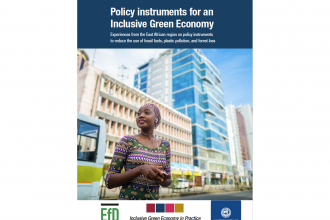Does price-cap regulation work for increasing access to contraceptives? Aggregate-and pharmacy-level evidence from Colombia
Price caps through international reference pricing are widely used worldwide but not so commonly in over-the-counter markets. We study the short-term effects of a price cap regulation for oral contraceptives in Colombia, a market dominated by the presence of several branded generics with multiple active ingredients.


